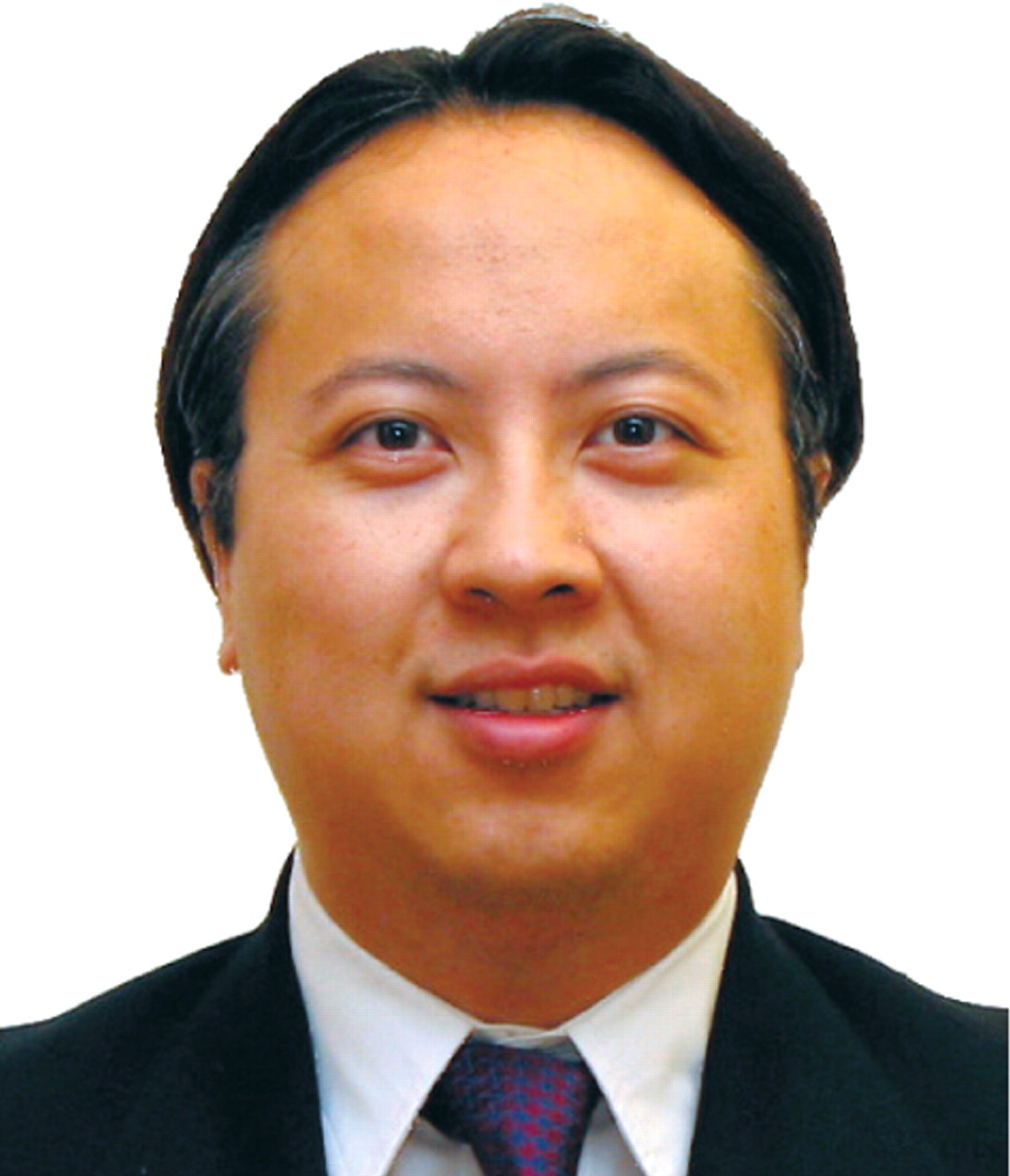Get a Technology Tuneup

APA's 2009 annual meeting has a tremendous variety of content for psychiatrists looking to expand their knowledge of computer technology. As you know by this issue, the annual meeting is being held in San Francisco, considered by many to be the“ technology capital” of the United States with Silicon Valley nearby. To save you some time in scouring the scientific program, I have highlighted some technology-focused activities available to attendees.
Also, there's good news for attendees who want to stay plugged in while at the meeting: free wireless access will be available in all public spaces at the Moscone Center.
Please note that preregistration is required for the courses, and additional fees apply.
COURSES
Saturday, May 16
Course 06: How to Blog, Friend, and Fly: 21st Century Internet Technologies for Beginners
This full-day course will review social networking technologies, blogs, wikis, and virtual worlds. Attendees will create a Facebook profile, learn how to invite friends and maintain privacy, learn how to edit content on Wikipedia, and understand how virtual worlds and computer gaming online impact their patients.
Course 07: Basic Concepts in Administrative Psychiatry I
Health technology topics include clinical support, safety and privacy, connectivity strategies, and personalized medicine.
Monday, May 18
Course 34: Exploring Technologies in Psychiatry
This is a morning course covering electronic communication with patients and reviews new technologies in Health 2.0 such as online patient communities, health professional networking, personal health records, and access to health information via the iPhone and Blackberry. The course will review hardware and software to enable clinicians to improve their collaboration with colleagues and communication with patients.
SYMPOSIA
Wednesday, May 20
Symposium 44: The Role of Forensic Psychiatry in Evaluating Problematic Internet Behaviors—Untangling Webs of Deceit From Murder to Malpractice
Charles Scott, M.D., of the University of California, Davis, will discuss the forensic psychiatrist's role and risks in the evaluation of sexual predators and pedophiles who utilize the Internet to share and find information as well as their victims.
WORKSHOPS
Monday, May 18
9 a.m. to 10:30 a.m.: Technology and Psychiatry: Practical and Clinical Tips for Using Telepsychiatry
This workshop is for residents only and will introduce them to telepsychiatry in clinical practice. It may be worth going back to fellowship training to qualify as an attendee!
9 a.m. to 10:30 a.m.: Ethical, Clinical, and Legal Challenges Created by Information Technology
This issue workshop will review the various issues raised with the Health Information Portability and Accountability Act with regard to health information technology. Although the solution is not to return to paper, this workshop will educate attendees on how to recognize and surmount challenges of moving to an electronic world.
Wednesday, May 20
9 a.m. to 10:30 a.m.: Beyond Doctor-Patient Relationship in Cyberspace: Pitfalls, Transgressions, and Guidelines (When Therapists and Patients Google Each Other)
This issue workshop discusses how the ability to search for information on the Internet impacts the doctor-patient relationship. Attendees will learn how to maintain their privacy and what information they should glean from the Internet.
Thursday, May 21
9 a.m. to 10:30 a.m.: Saved by the Internet? Psychiatric Administration and Generation X
The APA Committee on Psychiatric Administration and Management will review the challenges of educating and monitoring the technology used by today's new physicians, who are all too comfortable sharing information via e-mail, social networking, and blogging.
9 a.m. to 10:30 a.m.: Promise and Perils of Electronic Health Record Adoption in Private Practice Psychiatry
The APA Corresponding Committee on Electronic Health Records will review the benefits and problems with electronic medical records. This update to last year's presentation will highlight what features to look for in choosing a system.
Thursday, May 21
11 a.m. to 12:30 p.m.: Implementing a Telepsychiatry Program in the Kern County Mental Health System in Rural California
This issue workshop will teach attendees about the technical as well as resource challenges in implementing telepsychiatry in a rural setting.
SCIENTIFIC AND CLINICAL REPORT
Thursday, May 21
11 a.m. to 12:30 p.m.: The Settings of Psychiatry: From Telepsychiatry to the Emergency Room
This scientific and clinical report will discuss how telepsychiatry has been implemented for emergency psychiatric services.
Allied Organizations
The American Association for Technology in Psychiatry, whose Web site is<www.techpsych.org>, will host its annual meeting on Saturday, May 16, from 9 a.m. to 5 p.m.
The keynote speaker is Gary Small, M.D., a professor of psychiatry at the UCLA Semel Institute. He will discuss the concept of “digital natives” and “digital immigrants” in his recently published book, iBrain. Professional networking, electronic medical records, personal health records, and security on the Internet will be reviewed.
In creating this technology track for APA attendees, I made an unfortunate discovery that many of the workshops, courses, and symposia are being held simultaneously. Although APA has its annual meeting recorded on CD-ROM for audio review, undoubtedly the day will soon be here when sessions can be recorded on a digital video receiver programmed from a cell phone or available for download on iTunes.
If you have other technology questions or ideas for topics for future“ Connections” columns, I hope to “connect” with you at the annual meeting. In the meantime, you can send them to [email protected].▪



